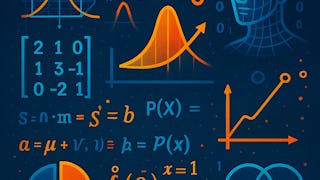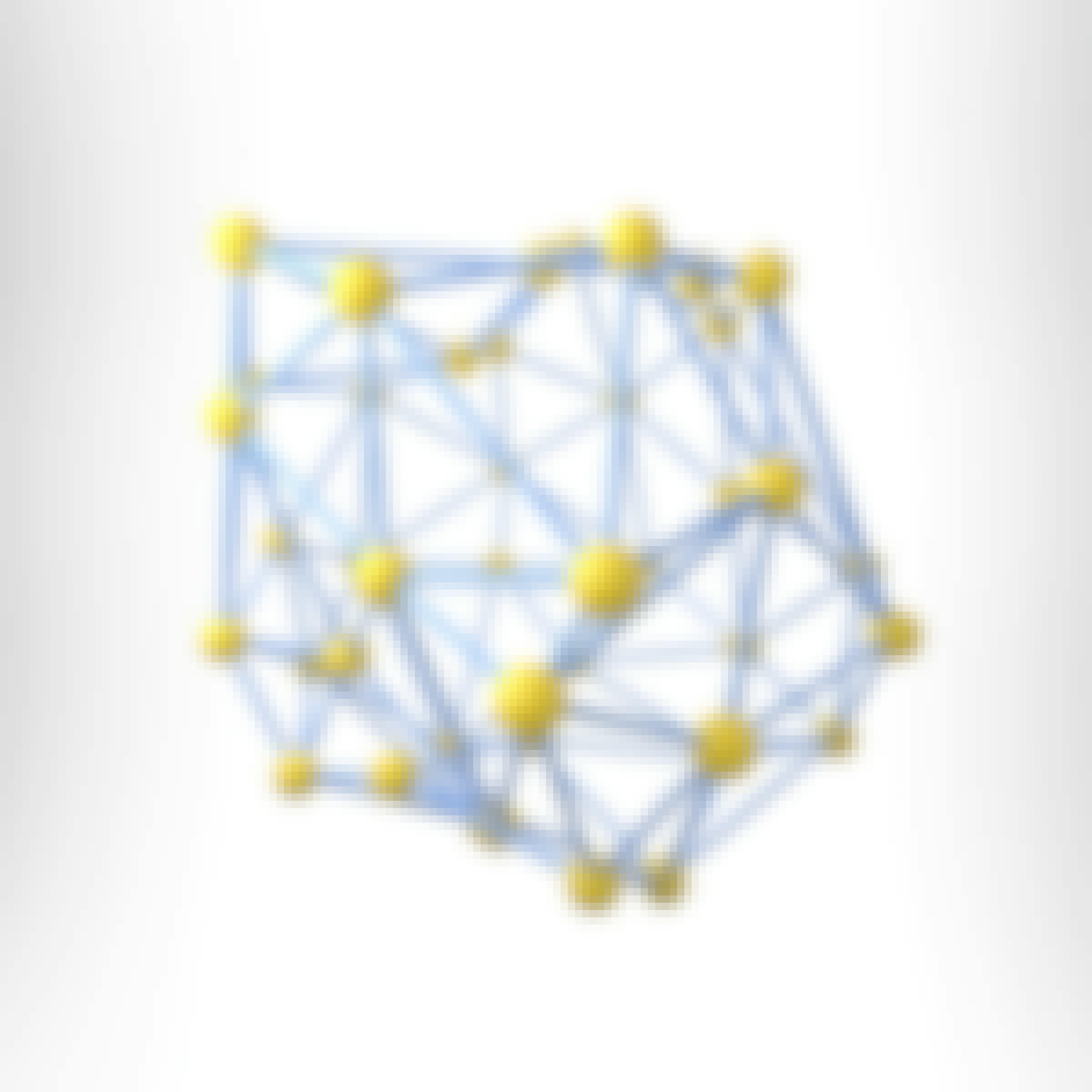Filter by
SubjectRequired
LanguageRequired
The language used throughout the course, in both instruction and assessments.
Learning ProductRequired
LevelRequired
DurationRequired
SkillsRequired
SubtitlesRequired
EducatorRequired
Results for "modèles de conception de logiciels"

Google Cloud
Skills you'll gain: Prompt Engineering, Large Language Modeling, Prompt Patterns, Generative AI, LLM Application
 Status: NewStatus: Free Trial
Status: NewStatus: Free TrialBirla Institute of Technology & Science, Pilani
Skills you'll gain: Engineering Calculations, Data Analysis, Trigonometry, Engineering Analysis, Probability & Statistics, Computational Logic, Statistical Analysis, Linear Algebra, Logical Reasoning, Deductive Reasoning, Calculus, Bayesian Statistics, Statistical Methods, Artificial Intelligence and Machine Learning (AI/ML), Differential Equations, Mathematical Modeling, Statistical Inference, Theoretical Computer Science, Programming Principles, Descriptive Analytics
 Status: Free Trial
Status: Free TrialJohns Hopkins University
Skills you'll gain: Algebra, Mathematical Modeling, Graphing, Arithmetic, Advanced Mathematics, Applied Mathematics, General Mathematics, Analytical Skills, Probability & Statistics, Geometry
 Status: Free Trial
Status: Free TrialJohns Hopkins University
Skills you'll gain: Integral Calculus, Calculus, Linear Algebra, Mathematical Theory & Analysis, Advanced Mathematics, Visualization (Computer Graphics), Applied Mathematics, Graphing, Mathematical Modeling, Spatial Data Analysis
 Status: Preview
Status: PreviewUniversity of North Texas
Skills you'll gain: Arithmetic, Probability & Statistics, Graphing, Geometry, Statistics, Algebra, Applied Mathematics, Systems Of Measurement
 Status: Free Trial
Status: Free TrialUniversity of Colorado Boulder
Skills you'll gain: Mathematical Modeling, Software Systems, Mechanical Engineering, Systems Analysis, Systems Engineering, Applied Mathematics, Differential Equations, Hardware Architecture, Verification And Validation, Linear Algebra
 Status: Preview
Status: PreviewGoogle Cloud
Skills you'll gain: Prompt Engineering, Large Language Modeling, LLM Application, Generative AI, Artificial Intelligence, Performance Tuning
 Status: Free Trial
Status: Free TrialUniversity of Colorado Boulder
Skills you'll gain: Field-Programmable Gate Array (FPGA), Hardware Design, Technical Design, Electronics Engineering, Electronic Hardware, Electrical and Computer Engineering, Test Case, Verification And Validation, Functional Design, Embedded Systems, Computer Engineering, Simulation and Simulation Software, Functional Testing
 Status: Free Trial
Status: Free TrialGoogle Cloud
Skills you'll gain: Large Language Modeling, Prompt Engineering, LLM Application, Generative AI, Prompt Patterns, Generative Model Architectures
 Status: Preview
Status: PreviewStanford University
Skills you'll gain: Mathematical Theory & Analysis, Mathematics and Mathematical Modeling, Calculus, Deductive Reasoning, Logical Reasoning
 Status: Free Trial
Status: Free TrialDeep Teaching Solutions
Skills you'll gain: Critical Thinking, Curiosity, Deductive Reasoning, Independent Thinking, Open Mindset, Complex Problem Solving, Lifelong Learning, Growth Mindedness, Willingness To Learn, Systems Thinking, Cognitive flexibility, Decision Making, Social Sciences, Behavioral Economics, Scientific Methods
 Status: Free Trial
Status: Free TrialJohns Hopkins University
Skills you'll gain: Graphing, Data Analysis, R (Software), General Mathematics, Mathematical Modeling, Algebra, Applied Mathematics, Calculus
In summary, here are 10 of our most popular modèles de conception de logiciels courses
- Introduction to Large Language Models - Deutsch: Google Cloud
- Mathematics for Engineering: Birla Institute of Technology & Science, Pilani
- Algebra: Elementary to Advanced: Johns Hopkins University
- Calculus through Data & Modelling: Vector Calculus: Johns Hopkins University
- Math Prep: College & Work Ready: University of North Texas
- Modeling of Autonomous Systems: University of Colorado Boulder
- Introduction to Large Language Models - Italiano: Google Cloud
- Hardware Description Languages for FPGA Design: University of Colorado Boulder
- Introduction to Large Language Models: Google Cloud
- Introduction to Mathematical Thinking: Stanford University










